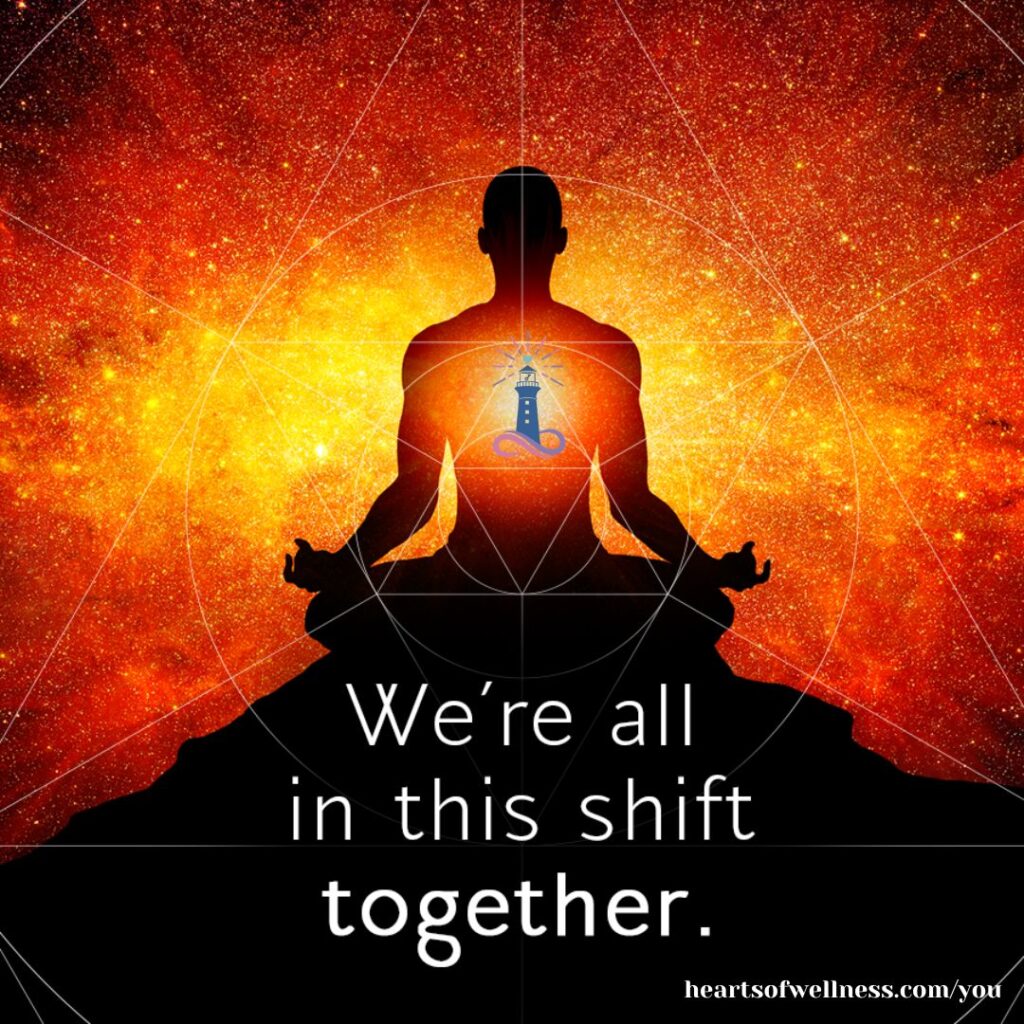Welcome to the latest edition of Unlocking Your Greatness with Wendy Bjork. As an international bestselling author, inspirational speaker and guide to others, as well as founder of heartsofwellness.com, it is my mission to help others understand how to make progress forward and live our best lives!
Finding Strength Through Storms
The storms of life can be devastating, but they don’t have to be. In fact, they can provide a path of growth and personal development. Surviving these difficult times can also change our perspective on things and teach us how to better cope with future challenges. We often hear the saying, “Every cloud has a silver lining.” Finding strength through storms can help us see the beauty in the toughest of situations.
Will Self Help Tools Really Help Me?
Self-help tools are resources people use on their own to explore and develop coping skills, strengthen emotional health and boost mental well-being. These tools may take the form of apps, online digital resources, books, journals and more. They can also be incorporated into therapeutic or coaching sessions. However, it is important to note that these tools are designed to be a supplement to therapy or coaching and not a replacement for it.
In addition to self-help resources, some of the most beneficial tools for managing mental health include journaling, mindfulness techniques and peer support groups. A 2021 study found that the practice of writing about thoughts, emotions and experiences can increase awareness of mental health challenges and coping patterns. This is because it can help individuals recognize the negative and self-defeating thoughts they have, as well as identify their positive coping strategies.
For neurodivergent children, self-help tools that incorporate visual schedules, social stories, sensory tools, assistive technology and time management aids are especially helpful. These tools can help kids learn to understand complex social situations and expectations, as well as provide calming comfort during overwhelming moments. For example, social stories are a great resource for decoding complex ideas into simple, relatable narratives. Other tools that can provide a sense of stability and safety are sensory tools like weighted blankets and fidget toys, and self-regulation apps and rewards.
For others, peer support groups can be an incredible source of motivation, advice and encouragement to work on personal challenges and improve mental health. In fact, many people with mental health challenges feel more connected to others in these types of groups than they do their therapists and other healthcare professionals. These groups can be a safe place to share experiences, swap tips and find a virtual high-five during the rollercoaster ride of parenthood and other life events.
As a wellness coach, helping my clients implement self-help tools is an important aspect of my practice. Promoting a collaborative relationship and encouraging open communication are essential for success, as it enables clients to better understand how the tool is working and whether or not it needs to be adjusted or replaced. It’s also important to remember that incorporating self-help tools into a daily routine is not a quick fix and requires consistent engagement for effective results.
By consistently integrating the self-help tool into a regular practice, this can empower people to take charge of their own health. Staying in alignment with goals, receiving guidance, motivation and encouragement is important. This way, clients can feel empowered to take charge of their own wellness and maintain a sustainable plan.
Additionally, keeping your emotions in check and finding ways to stay motivated can help.
During tough times, it can be tempting to ignore unpleasant emotions or “put on a brave face,” but ignoring these feelings can only increase stress and prevent you from moving forward. Instead, take time to feel your emotions—even the most unpleasant ones—and learn to tolerate them. You might find that over time, as you practice keeping your emotions in check, your negative moods will fade, and you will be able to enjoy and accept more of the good things in your life.
A season of tough times can be long and difficult, so you need to foster qualities of persistence and endurance. This means taking things one step at a time. If a problem seems overwhelming, try breaking it down into smaller, more manageable tasks. You may also find it helpful to get support from your close circle. They can help ease stress, boost your mood, and make sense of your experiences during tough times. They can also remind you that your situation is temporary and that others have struggled before.
If there is any support, I can offer in living your best life, feel free to download your copy of 30-Day Blueprint Towards Living Your Best Life or send a message to media@heartsofwellness.com. Discovering and living by your personalized playbook are important steps we can create together!
As a best-selling author, inspirational speaker and Nationally Syndicated Columnist, Wendy Bjork empowers women to see beyond whatever challenges they are navigating.
She inspires them to boldly live in acceptance, live healthy and free as she teaches them to see life in a different way to fulfill their dreams that have been left on the backburner for far too long.
Her HeartsofWellness.com platform is the place for women to begin receiving the support they are seeking as they create their roadmap back to freedom and wellness with Wendy lighting their path.
As a pioneer in advocacy and mentorship, Wendy is leading a global revolution of women walking in purpose and peace as she illumines their path ahead with the light of HOPE: Harmony, Options, Peace & Empowerment.
Follow Wendy: heartsofwellness.com/newsletter







